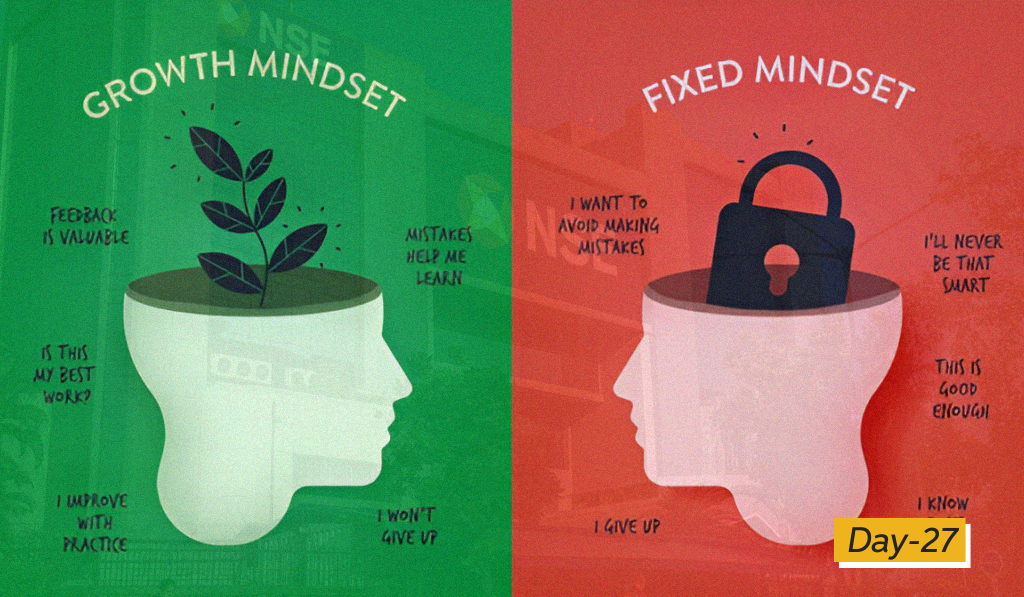In the world of investing, things can get really complicated. Many people think you need fancy formulas, tricky strategies, and lightning-fast trading to make money. But history shows us that keeping things simple is often the best way to invest successfully. This article explains why simple strategies work better and how you can use them to reach your financial goals.
Why People Like Complicated Strategies
- They seem smart: Complicated strategies can make people feel like they’re experts.
- The market is noisy: The news and social media make investing seem like a fast-paced game, which can make people want to make quick and complicated decisions.
- It’s human nature: People tend to look for patterns, even when there aren’t any. This can lead to overthinking things and making investing more complicated than it needs to be.
Why Simple Strategies Work
- Focus on the Basics: Simple strategies focus on understanding a company and its potential for growth. This is often more effective than trying to guess what the market will do next. Example: Warren Buffett invested in Coca-Cola because it’s a strong brand that makes money consistently—a simple but powerful idea.
- Avoid Emotions: Complicated strategies can make you trade too much and make decisions based on fear or excitement. Simple strategies help you stay calm and focused. Example: If you buy stocks and hold onto them for a long time, you don’t have to worry about daily market changes, which can help you avoid making bad decisions when the market is down.
- Save Money: Trading a lot and using complicated strategies can be expensive. Simple strategies help you keep costs low, so you have more money to grow over time.
Example: Funds that are actively managed (meaning someone is constantly buying and selling stocks) are more expensive than index funds, which simply track the market. Index funds often do better in the long run because they have lower fees.
- Easy to Use: Simple strategies are easy to understand and follow. They save you time and effort, making it easier to stick with them for the long term. Example: Investing in a mix of index funds is simple and gives you returns similar to the overall market, without much risk.
- Proven Success: Many famous investors, like Benjamin Graham and John Bogle, believe in keeping things simple. Their strategies focus on understanding companies, being patient, and keeping costs low—these ideas have worked well for a long time.
Key Principles of Simple Investing
- The Power of Growth: Letting your investments grow over a long time can lead to amazing results. This is called compounding. Example: If you invest ₹1 lakh in a fund that grows at 12% each year, you’ll have ₹30 lakh in 30 years, without doing anything complicated.
- Don’t Put All Your Eggs in One Basket: Spread your money across different types of investments, like stocks, bonds, and gold, to reduce risk. Example: A good mix might be 60% stocks, 30% bonds, and 10% gold.
- Invest Regularly: Investing a little bit of money regularly is better than trying to guess the best time to invest a large amount. Example: Investing ₹10,000 every month in a mutual fund for 20 years can make you wealthy, regardless of how the market performs.
- Invest in Good Companies: Choose companies that are strong and have a history of doing well. Avoid risky bets and companies you don’t understand. Example: Companies like Hindustan Unilever and Infosys have been good long-term investments because they are strong and growing.
- Stay Invested: The market goes up and down, but it’s important to stay invested for the long term.8 Trying to time the market perfectly is almost impossible. Example: People who kept their money invested during the 2008 market crash saw their investments recover and grow in the years after.
Examples of Simple Investing
- Index Funds: These funds simply try to match the performance of the overall market. They are a simple and effective way to invest.
- Warren Buffett’s Advice: Warren Buffett is a famous investor who suggests that most people should invest in index funds.
- Coffee Can Portfolio: This strategy involves choosing good stocks and holding onto them for a very long time (like 10 years or more).
Challenges of Simple Investing
- Don’t Trade Too Much: It can be tempting to buy and sell stocks frequently, but this can hurt your returns.
- Ignore the Noise: Don’t get distracted by daily market news and focus on your long-term goals.
- Be Patient: Simple strategies take time to work.
How to Invest Simply
- Set Goals: Decide what you want to achieve with your money, like saving for retirement or buying a house.
- Invest Automatically: Set up a system where you invest money regularly without having to think about it.
- Choose Low-Cost Investments: Look for investments with low fees.
- Avoid Risky Bets: Invest in things you understand and that have a good chance of growing over time.
- Check Your Investments Regularly: Make sure your investments are still helping you reach your goals.
Simplicity Works
Imagine two investors:
- Investor A: Trades often based on complicated analysis and news, spending a lot of money on fees and making emotional decisions.
- Investor B: Invests in a mix of index funds and holds onto them for many years.
After 20 years, Investor B is likely to have more money because they kept things simple, avoided costs, and let their investments grow over time.
Conclusion
Simple investing is about making clear choices, keeping costs low, and being patient. By focusing on the basics and avoiding complicated strategies, you can reach your financial goals more easily. As Albert Einstein said, “Everything should be made as simple as possible, but not simpler.” This is especially true when it comes to investing.










